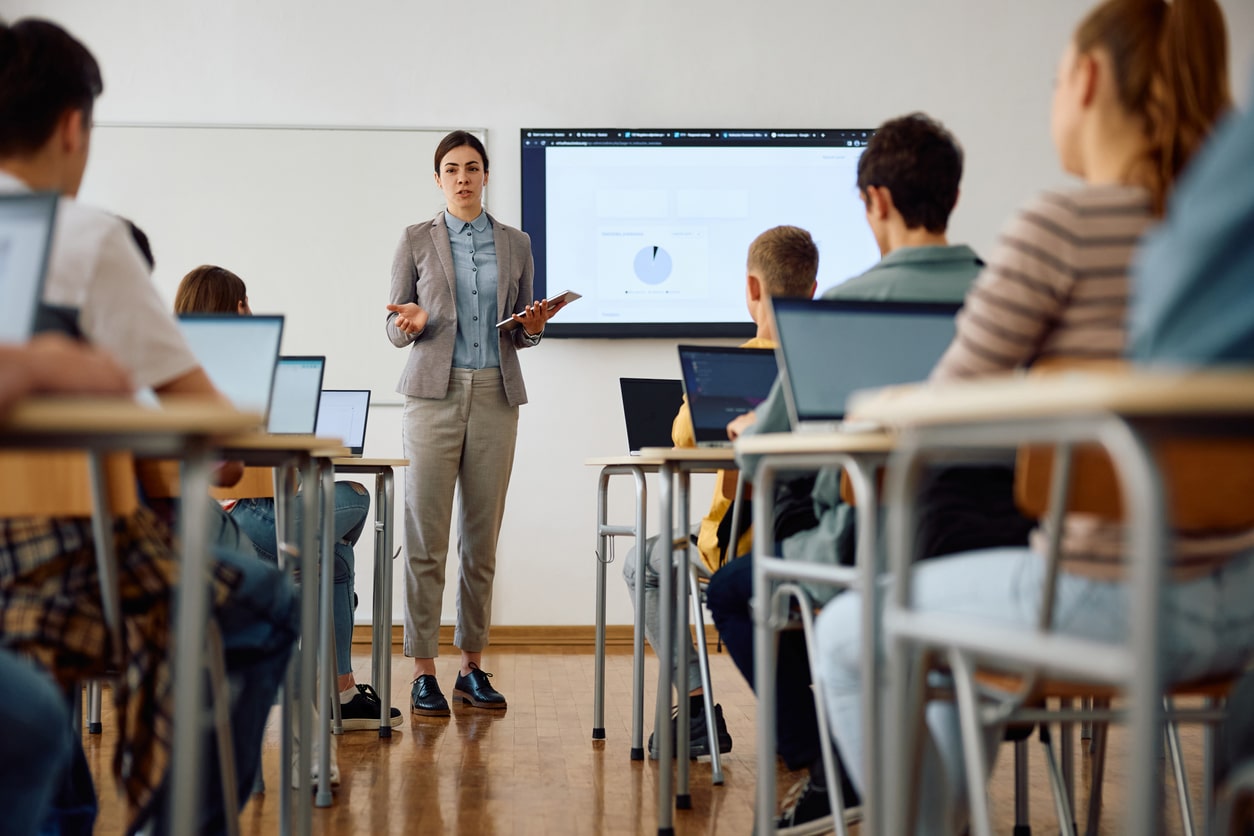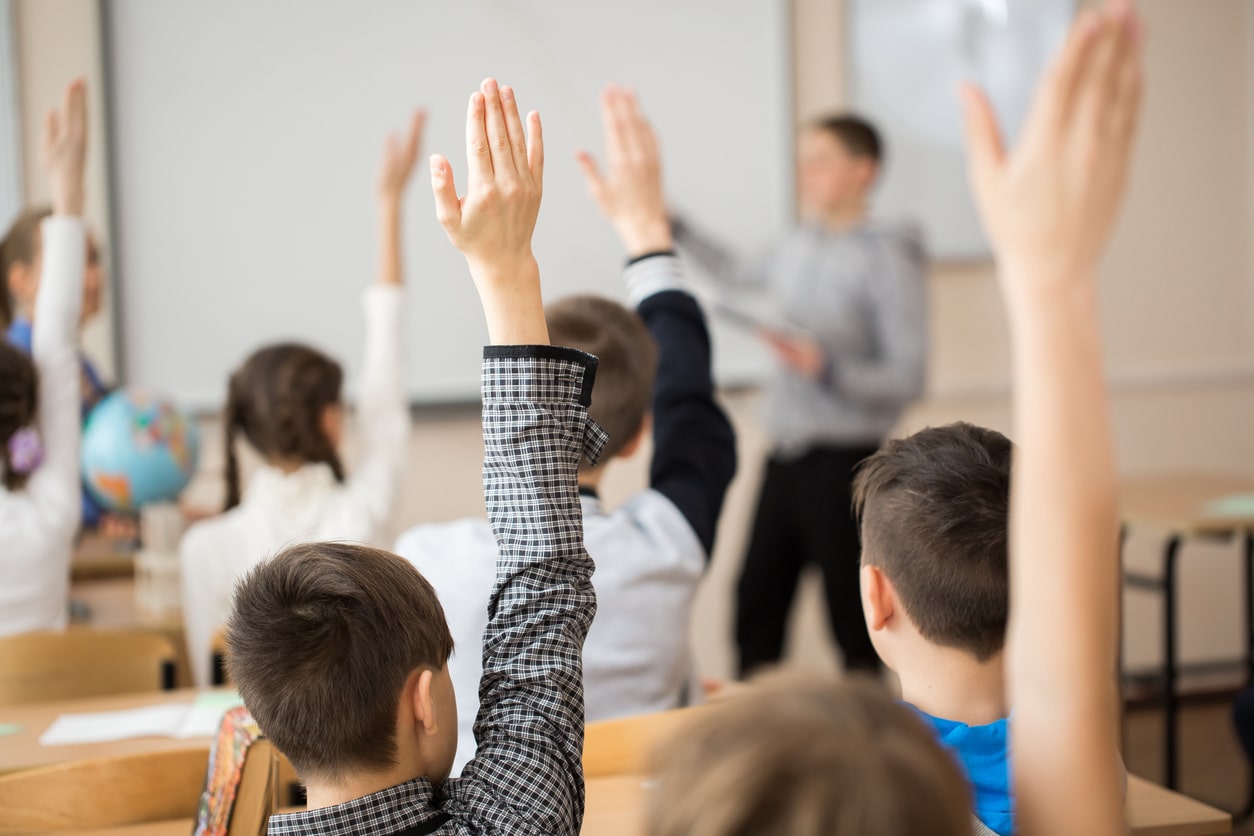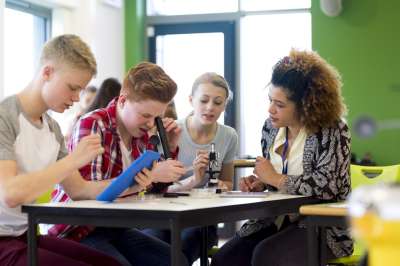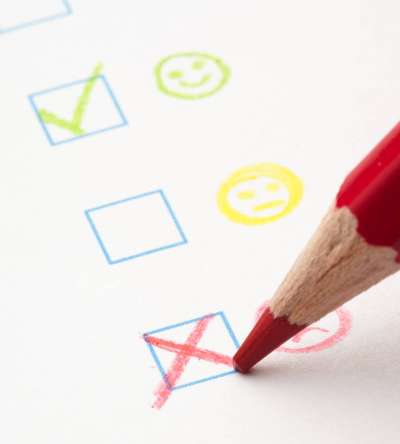Lesson Plan Procedures
In this article, we will explain how to properly perform a lesson plan in school by diving deeper into lesson plan procedures. We will discuss the three major steps involved in lesson plan procedures and share how teachers can self-evaluate their lesson plan success.
What is a Lesson Plan Procedure?
Lesson plan procedures are the sequence or step-by-step guidelines detailing how a teacher plans to deliver a lesson to students. This includes the activities, methods, materials, and timing necessary to effectively facilitate learning.
Typically, there are three stages of a lesson plan that make up the lesson plan procedure. These stages are the motivational opening, the development of the lesson, and the closing of the lesson. However, there may also be some form of formal or informal periodic assessment. Periodic assessment throughout a lesson will alert you to any misconceptions or misunderstandings students may have long before they conclude the lesson.
Let’s take a closer look at the three major stages of effective lesson planning.

The Three Stages of Lesson Plan Procedures
Step 1: The Motivational Opening
The first stage of a lesson plan is critical! It’s how you’ll stimulate students’ interest in the topic.
Start by asking students a thought-provoking question, such as, “How would you like to sleep for four months every year?” or “Did you know we can measure any tree on the playground without climbing it?”Other attention-grabbing openers can include the use of models, maps, apparatus, or a demonstration.
When starting a lesson, don’t make the mistake of assuming what students know. For example, just because students studied American history in elementary school, had a basic history course in middle school, and are now in your high school history class, don't assume they know all there is to know about American history. Take the time to find out. Bottom line: Always know what your students know!
Step 2: The Development of the Lesson
The development of a lesson plan is the heart of any lesson. It’s the portion where you teach and students learn.
This vital stage is when students will obtain valuable information, manipulate data, and engage in active discovery through total involvement. Include some of the following elements in this stage:
- Lesson methodologies. Not only is it important to give some thought as to what you're going to teach, it is equally significant that you consider the methods of presentation as well. I'm sure you've been in a class where the only method of instruction was dry, stale lectures. You undoubtedly found the class boring and wearying. The same fate awaits your students if you provide them with an overabundance of one type of teaching methodology to the exclusion of others. (These are addressed in Lesson Methodologies)
- Problem-solving. As I discuss in another article, problem-solving is an inherent part of any lesson. Providing students with the opportunities to solve their own problems in their own way is a valuable motivational technique.
- Creative thinking. Learning is much more than the memorization of facts. Any lesson must allow students opportunities to manipulate data in new and unusual ways.
- Hands-on activities. It's critical that students have sufficient opportunities to create products based on what they learn. These might include but are not limited to posters, dioramas, charts, graphs, mobiles, notebooks, portfolios, and models.
- Student engagement. Successful lessons include several ways in which students can practice the desired behavior(s). Here are just a few suggestions:
- Students critique the directions or set up for a presentation or demonstration.
- Students verbalize the steps they're taking during the completion of an activity.
- Students manipulate objects or devices and verbalize their feelings about their actions.
- Students work in small groups to share information learned and how it relates to prior knowledge.
- Students graph or illustrate significant points on the chalkboard for class critique.
Teaching Tip! When creating lesson plans, consider both short-term and long-term projects for students. This will keep the learning experience interesting as you switch up styles.

Step 3: The Closing of the Lesson
The closing of the lesson is a vital stage where you recap key points and help students consolidate their learning. It’s an opportunity to review the lesson's objectives and assess whether they have been met. This can be done through summary discussions, quizzes, or reflective activities.
It's also important to provide an outlook for the next lesson, thus creating a seamless transition and maintaining students' interest.
Teaching Tip! To keep your students engaged, try ending the lesson on a cliffhanger. This can be by proposing a question or telling them an enticing bit of information (e.g.“, Tomorrow I'll bring in a creature with eight eyes. You won't want to miss it!”).
Lastly, it’s good practice to end the lesson on a positive note to boost students' confidence and encourage them to look forward to the next session.
Self-Evaluation in Creating Lesson Plan Procedures
As you write lessons, include a brief section at the end that allows you to self-evaluate. This will be important when and if you decide to teach the lesson again. It will also provide you with some important insights relative to your perceived level of success.
You might consider some of these self-evaluative questions:
- “How was my pacing?”
- “Did students understand the content?”
- “Did students understand the important concepts?”
- “Did I use my time appropriately?”
- “What changes should I make the next time I teach this lesson?”
- “Were students engaged and involved?”
- “What new activities or procedures could I include?”
- “Did I present the lesson well?”

















